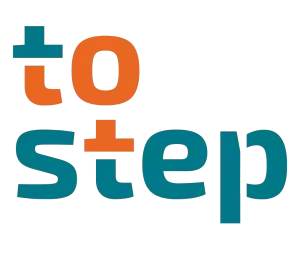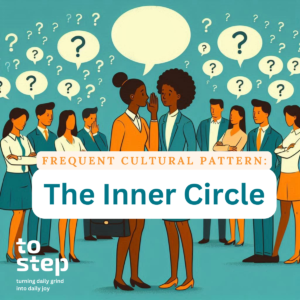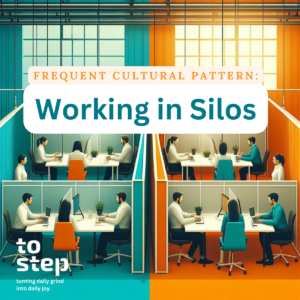
Outgrowing High-Performance
Remember a decade ago, when it was the goal of every organization to create high-performance teams? It was all about productivity — cutting out slack, being as efficient as possible, and predicting what would happen next through data.
Today, this is no longer enough.
With everything around us changing, it’s about time to evolve – again- how we define successful teamwork and look at the next maturity level: highly adaptable teams.






